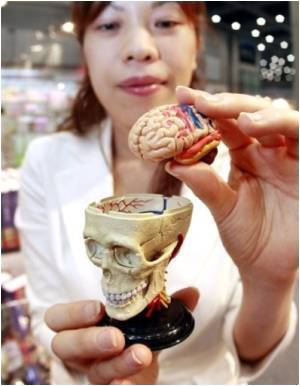According to a new Northwestern Medicine study, our memory is a lot like a telephone game.

Similarly every time you remember an event from the past, your brain networks change in ways that can alter the later recall of the event. Thus, the next time you remember it, you might recall not the original event but what you remembered the previous time.
The Northwestern study is the first to show this.
"A memory is not simply an image produced by time traveling back to the original event-it can be an image that is somewhat distorted because of the prior times you remembered it," said Donna Bridge, a postdoctoral fellow at Northwestern University Feinberg School of Medicine and lead author of the paper on the study.
"Your memory of an event can grow less precise even to the point of being totally false with each retrieval," she stated.
Bridge did the research while she was a doctoral student in lab of Ken Paller, a professor of psychology at Northwestern in the Weinberg College of Arts and Sciences.
Advertisement
"Maybe a witness remembers something fairly accurately the first time because his memories aren't that distorted. After that it keeps going downhill ," she said.
Advertisement
"Memories aren't static. If you remember something in the context of a new environment and time, or if you are even in a different mood, your memories might integrate the new information," she noted.
The study was recently published in the Journal of Neuroscience.
Source-ANI













